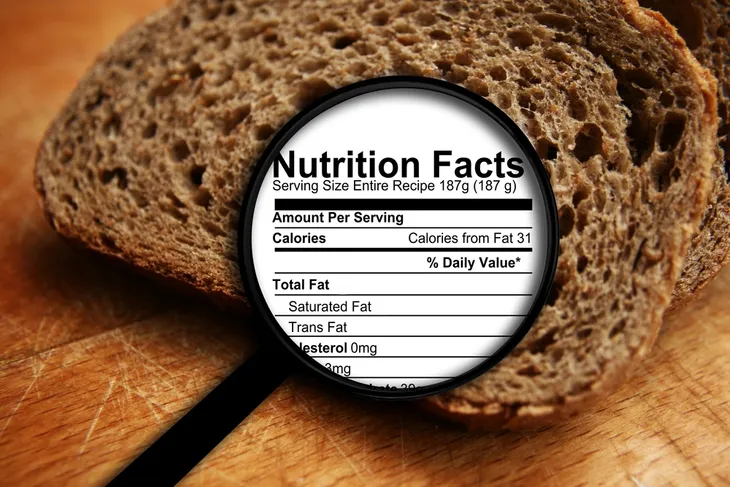Celiac disease—which makes it difficult for your digestive system to process gluten, commonly found in wheat and other grains—is quite common in the U.S. It is estimated (based on this National Institutes of Health case study) that about 1 in 140 people in the U.S. have this disease, although many people may not be diagnosed. Other sources peg this number at 1-percent of the population.
Luckily, there are ways to minimize the symptoms of this inflammatory autoimmune illness with lifestyle choices. Here are 6 lifestyle tips for those looking to improve their health through diet and other means…
Scan the Ingredients
Changing your diet to remove harmful gluten that can cause pain and other digestive issues is the first move. However, WebMD points out that there may not be as many commercial gluten-free food options in the U.S. as other countries, which have a higher diagnosis rate for the disease.
However, the source gives a list of gluten containing ingredients to be wary of, such as hydrolyzed vegetable protein (the vegetable should be identified), modified food starch (from wheat) and malt (and any malt variation). Some medications may even contain gluten, so you should consult your doctor or pharmacist to learn more if you’re a celiac patient, it adds.
Supplement Your Nutrients
There’s a potential link between celiac disease and osteoporosis (weakening of the bones). Celiac can block calcium and other essential vitamins and nutrients from being absorbed, and these elements are essential to maintaining strong bones.
BeyondCeliac.org suggests checking with your doctor before deciding to buy over-the-counter vitamin supplements. It notes that once you get checked out, you should visit your healthcare provider regularly to ensure your vitamin levels (particularly calcium and Vitamin D) are at proper levels.
Continue to Exercise
FitnessandWellnessNews.com says “you can and should” continue to get physical exercise after being diagnosed with celiac. It notes incorporating fitness into your daily routine creates a “halo effect,” which helps you feel better and motivates you to heal.
The source also notes that exercise can help correct some of the secondary symptoms of celiac disease, including unstable weight. In some cases, you may have noticed that you’ve lost a lot of weight, and switching to a gluten-free diet can help add pounds back as more is absorbed. Using weights can also build a better muscle-to-fat ratio, as well as strengthen bones in patients.
Investigate Local Eateries
While more restaurant chains are getting on board with gluten-free options, this is a good chance to check out some of the smaller establishments that may customize your menu to fit your condition, suggests GlutenFreeandMore.com.
Being diagnosed with celiac disease shouldn’t mean you can’t go out for a bite to eat and enjoy someone else’s cooking once in a while like you used to. You could end up with a great new “local” that will be happy to serve you, and you can help pave the way for others with the disease to find great restaurant options.
Join a Support Group
As we mentioned before, many people in the U.S. have celiac, even if they haven’t officially been diagnosed. Therefore, chances are you’ll be able to type “celiac support group” into a search engine and find at least one of them near you. Join it.
GlutenFreeandMore.com notes this is a great way to meet new people, and get great tips about how to manage the disease and even collect useful recipes. If you have a child with the disease, keep in mind there are family support groups that gear themselves towards welcoming younger people with picnics and field trips.
Work with a Nutrition Specialist
If you’re having trouble deciding how to adjust your diet, then perhaps it’s time to partner with a dietician or nutritionist, suggests Brunet.ca. The right professionals can help you develop a gluten-free diet that still delivers the nutrients you need.
Consulting with a professional can open up your food options (eating gluten-free doesn’t have to be boring), while ensuring you don’t get too little or too much of other ingredients, notes the source. Who knows, you may even end up learning your former diet was contributing to other health problems or weight issues in the process.









